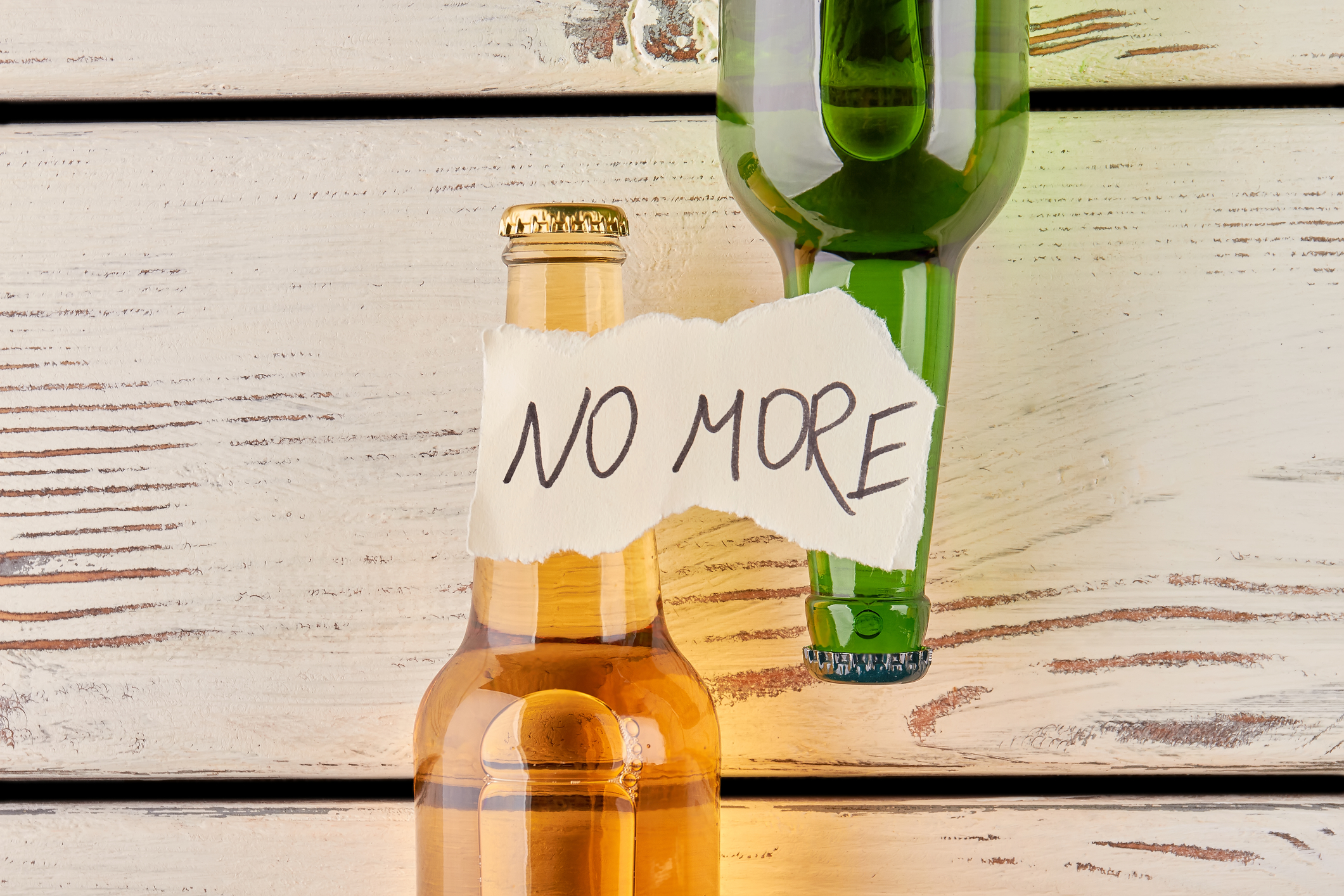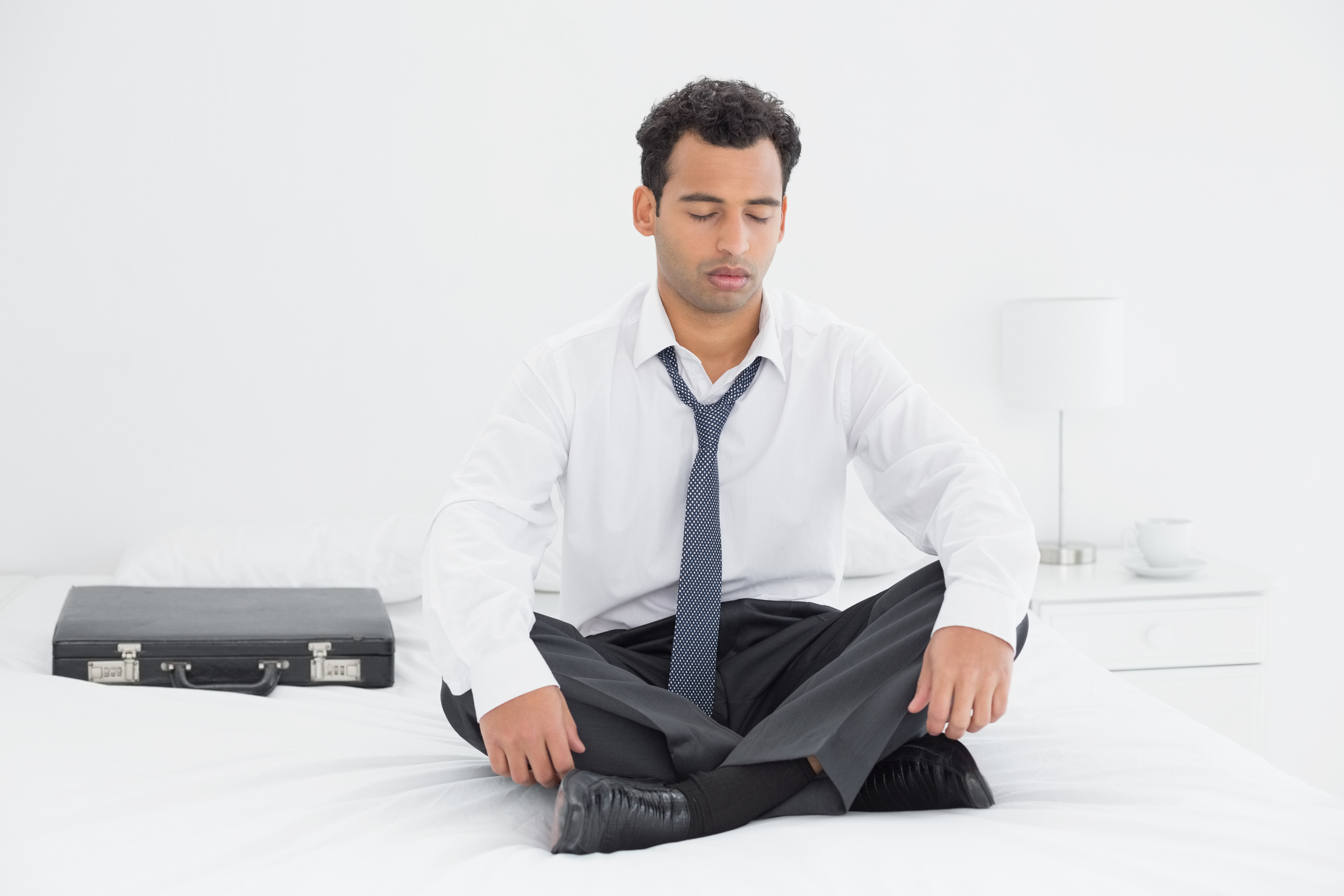How To Achieve Mental Wellness Beyond Just Therapy And Meds
Mood disorders such as depression effect most people at least once throughout their lifetime. This is because mental wellness is directly related to brain chemistry, and an individuals chemistry can change. When the body does not have enough of its chemical messengers - known as neurotransmitters - working correctly, they can begin to feel sad, depressed and can experience stress and pain. There are many ways to achieve mental wellness - including methods that move beyond using therapy and medication. Read on for ten expert tips on how to achieve mental peace by making a few simple lifestyle changes.
Get Outside

One of the best ways to stand down a bad mood - especially a serious mood disorder like depression - is to exercise. Exercise naturally lifts one's mood by releasing endorphins that are critical to experiencing happiness and feeling less pain. Endorphins are a type of neurotransmitter that the body uses to attack stress, pain, and sadness so the more an individual exercises, the more he or she will naturally begin to feel happy and relaxed. When starting an exercise regime to combat depression, try starting off slowly and work up to a more rigorous regime. For example, commit to walking or doing an aerobic activity at least for thirty minutes every day.
Get Your Beauty Rest

In a society that is fixated on productivity and moving the needle, it is not a surprise that most Americans do not get enough sleep at night. However, determining how much sleep each individual needs is crucial to achieving mental wellness; the idea is to develop a sleep ritual. Patients should wind down and go to bed at the same time every night, while also thinking about the things that make them feel peaceful and restful. Incorporate those ideas into your bedtime routine. Lighting a candle, taking a hot shower, making some tea and putting ones favorite lotion on the hands and feet are all excellent bedtime routines that will lead the body and mind into a resting state. In addition, patients should consider making the bedroom a technology-free zone by putting phones on sleep mode, turning off the television and preparing for a restful night of six to eight hours of sleep.
Get a Little Help From Your Friends

When an individual is sad, they are typically not going to feel like socializing. However, when feeling depressed it is important to try and refocus one's energy on positive things by getting out of the house. Those who have social connections - whether they are new or old - experience a boost in their mood by socializing with others. Because humans strive for relationships and meaning with other people, a new friend can instantly bring joy, laughter, thoughtfulness, compassion, and connection to the life of an otherwise depressed individual.
Eat Some Brain Food

When struggling with mental wellness, what goes into the body is extremely important. Research shows that there are foods that can not only boost one's mood but will also make the body stronger and less susceptible to disease. There have been many studies examining the health and eating habits of people with depression and one thing is certain: when one eats healthy foods that are low in saturated fats, trans fats, sodium, and cholesterol, they are giving themselves a better chance of recovering (from a mental or physical illness). Among the list of illness-fighting foods: fresh fruits and vegetables, whole grains, fish, poultry, and nuts. Limit the intake of red meats and processed sugary foods.
Stay Away from Alcohol

Alcohol is a natural depressant - so it is best to avoid when an individual is feeling down or depressed. Flushing the body's system by hydrating and halting alcohol intake will aid the body and allow it to recover while giving the brain a much-needed break. Alcohol can work against all of the positive progress one is making by exercising, eating well and getting enough sleep. If an individual is a chronic drinker, it may be a good idea to implement a plan to wean from alcohol; start slowly by limiting alcohol intake by one glass or drink each night. The patient can then work up to trying to abstain entirely. It takes practice and support, but it is possible to stop drinking to give the body and the brain time to recover.
Do Something New and Creative

Many who are struggling with sadness and clinical depression find relief by making a list of activities that are new and creative to them. These can be simple hobbies and new ventures that do not cost a great deal of money but simply help the person to focus on a new activity and use their brain in a different way. For example: taking an art class, going on a horseback riding lesson, or learning piano are all ways to exercise one's creative mind and distract from negative thoughts. By doing something unconventional and new, the patient feels empowered, thus contributing to a more positive outlook overall. Research shows that the residual effects of empowerment and confidence that come with taking on a new activity work toward putting the brain in a naturally better mood long term.
Try Meditating

Practicing meditation or a mindfulness technique is a proven way to center the mind and feel uplifted. Meditation takes the mind away from present sadness while reminding the patient that he or she is valuable, thus giving them more confidence. Depression convinces a patient that things will always feel the same, but what psychologists know is that this is not the case. Because the brain moves on a continuum, ebbing and flowing with emotions and moods, it can convince an individual that he or she will not be able to break free from a current state of sadness. By creating a mindfulness technique, one interrupts that thought process. One helpful method is called the body scan: the patient sits comfortably with their eyes closed and focus on one part of the body at a time, moving from the head to the toes. If the mind wanders to another thought, return to focusing on that body part. By the end of the technique, the body and brain will feel varying levels of calm and peace, and most harmful thoughts will be diminished.
Help Others

Research shows that most patients struggling with mental sadness want to isolate themselves. However, this is the worst thing they can do to create a positive change. Isolation causes an individual to feel increased levels of sadness and loneliness - much like crawling into a deep hole. Instead, there is a positive value for the patient to force himself to do something for others, such as volunteering and giving back to the community. By committing to volunteering once a week and increasing that service over time, the brain's neurotransmitters release endorphins at a higher rate, thus contributing to an overall positive change in mood and better mental well-being.
Get a Few New Things

Endorphins provide a boost in a patient's brain that deploys a 'fake it until you make it' mindset. This is a psychological technique that places the patient in a position to look professional and confident on the outside - even if he or she actually is not feeling this way on the inside. The key to making this technique work is to set a budget to buy a few new things, such as a new pair of shoes or a new outfit. An individual who is dealing with depression is also susceptible to spending too much, so the person should keep strict parameters. By purchasing something new and enjoyable, the individual will feel a heightened sense of self-pride, contributing to a better mental wellbeing.
Develop a Personal Aesthetic

Similar to purchasing a few new items, a patient should also consider freshening up a room in their home to improve their mental state. Rearranging the furniture, buying new throw pillows, or adding a new plant to decorate a room are all money-wise ways to improve one's space and ultimately, their mood. Letting in more light will allow the individual to experience their home in a new way. Spring cleaning and changing the personal aesthetic of a place has the power to help a person think in new ways about the space - to feel at peace, energized, and hopeful for the future.